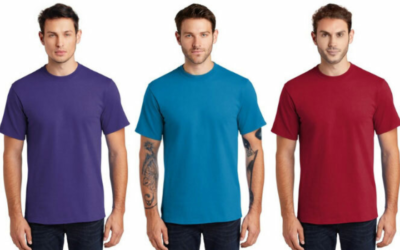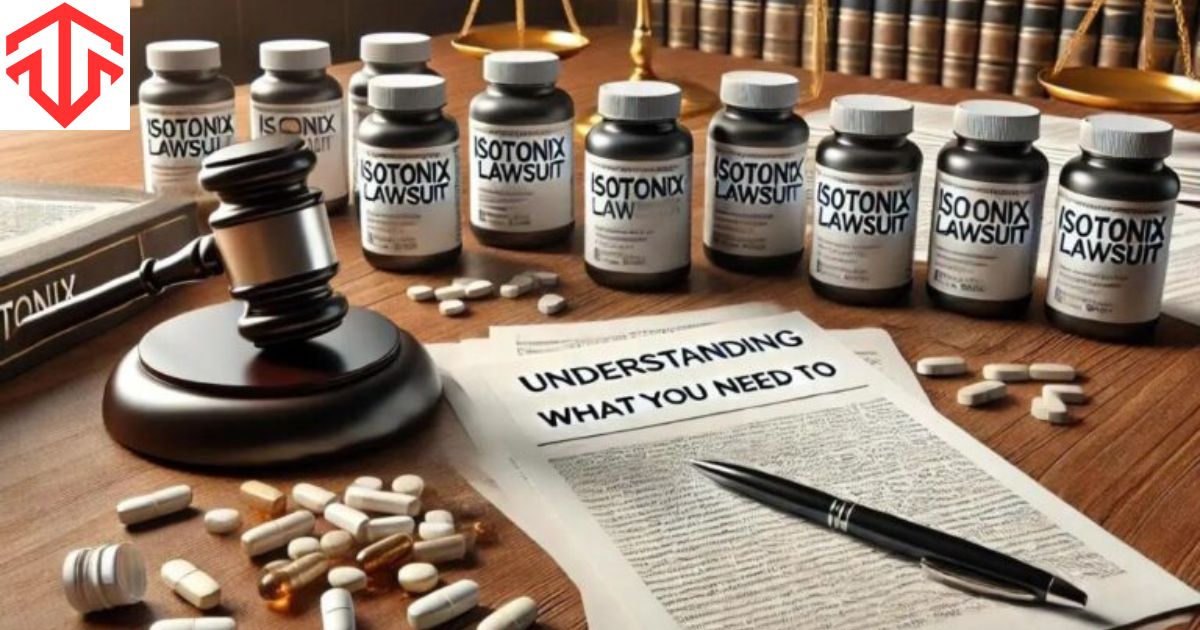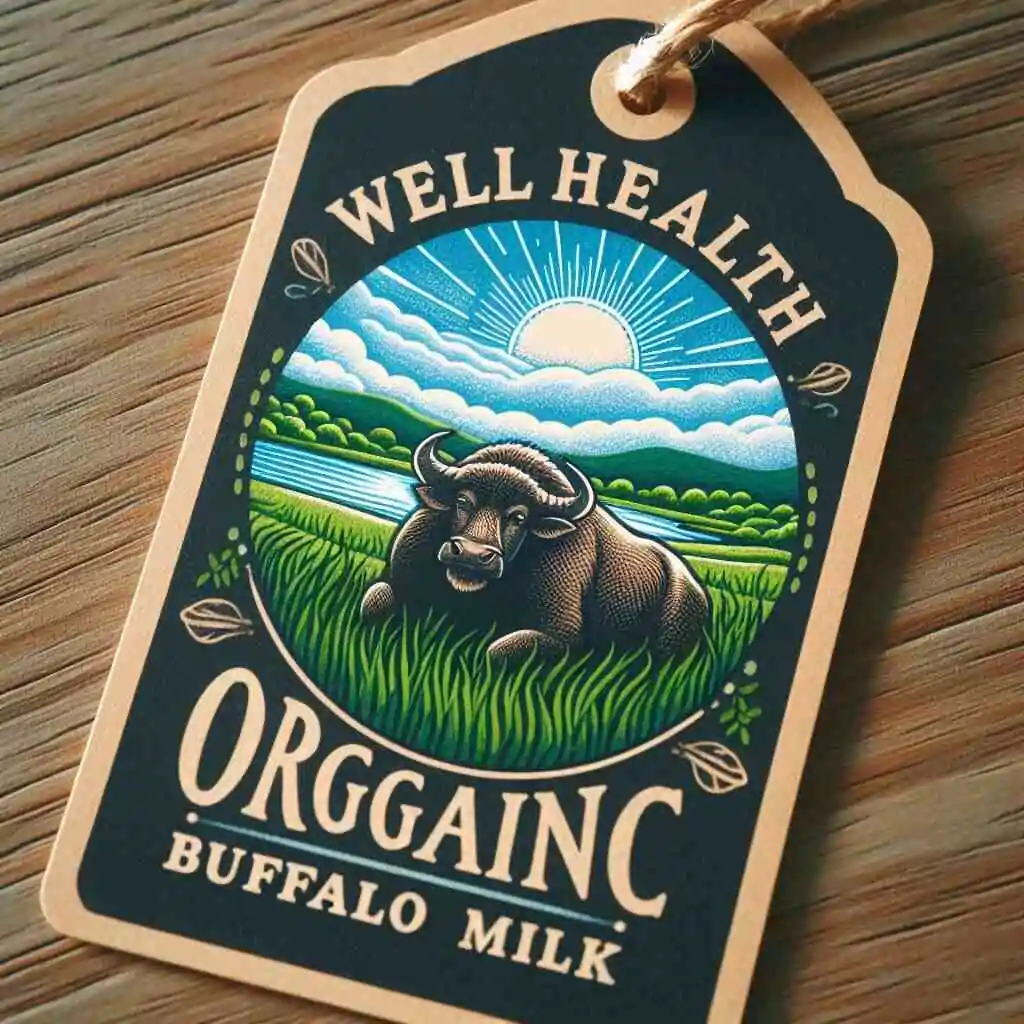Introduction to Isotonix and its popularity
Isotonix has taken the wellness world by storm, captivating health enthusiasts with its promise of optimal nutrient absorption through its unique isotonic delivery system. With a diverse product lineup that claims to enhance everything from immune support to energy levels, it’s no wonder consumers have flocked to this brand. However, beneath the surface of its growing popularity lies a complex web of legal controversies that raises eyebrows and sparks concern among users. As more individuals turn to Isotonix for their supplement needs, understanding the implications of ongoing lawsuits becomes increasingly crucial. Let’s delve into the legal battles surrounding isotonix lawsuit and uncover what they mean for current and potential customers alike.
The first lawsuit against Isotonix and its settlement
The first lawsuit against Isotonix emerged in 2016, igniting a wave of scrutiny for the brand. Plaintiffs alleged that certain marketing claims were misleading, particularly regarding the efficacy of its products.
As the case unfolded, it became evident that key ingredients and their purported benefits were at the center of contention. Consumers felt misled about what they were actually purchasing.
Eventually, a settlement was reached. Although details remained somewhat murky, it included financial restitution for affected customers. This resolution raised eyebrows within the health supplement community.
Many wondered whether this lawsuit would set a precedent for how brands communicate product benefits moving forward. The implications extended beyond just Isotonix; other companies began to reassess their marketing strategies in light of increased legal scrutiny surrounding health claims.
The second lawsuit and allegations against the company
The second lawsuit against Isotonix brought a wave of scrutiny to the brand. Allegations included false advertising and misleading claims about product efficacy. Consumers felt misled by statements suggesting that these supplements could cure or prevent serious health conditions.
Plaintiffs pointed out that scientific backing for these claims was lacking. This raised concerns not just over marketing practices, but also consumer safety. The potential risks associated with unverified products became a focal point in the legal battle.
Moreover, testimonials from users highlighted dissatisfaction with results promised by the company. Some claimed they experienced adverse effects after using specific Isotonix products. Such experiences fueled distrust among consumers and further complicated the company’s reputation in an already competitive market.
Legal documents revealed a pattern of aggressive marketing tactics employed by Isotonix, which only intensified public skepticism regarding their integrity as a supplement provider.
The questionable ingredients in Isotonix products
Isotonix products are marketed for their rapid absorption and effectiveness. However, some of the ingredients used in these formulations have raised eyebrows among health-conscious consumers.
Certain additives, like artificial sweeteners or preservatives, may detract from the brand’s natural appeal. Ingredients such as maltodextrin can also be a concern for those monitoring sugar intake.
Additionally, some proprietary blends lack transparency regarding exact dosages. This leaves potential users guessing about how much of each component they’re actually consuming.
Furthermore, there has been scrutiny over the sourcing of certain vitamins and minerals. Questions arise around purity and possible contaminants in these raw materials.
Consumers deserve to know what they are putting into their bodies. Transparency is key when it comes to dietary supplements, especially ones that claim significant health benefits.
Other legal controversies surrounding the brand
Isotonix has faced a series of legal challenges beyond the initial lawsuits. These controversies often highlight discrepancies in marketing practices and product claims.
Regulatory scrutiny has intensified, focusing on whether Isotonix’s advertising accurately represents its products’ efficacy. Some critics argue that the company promotes benefits without sufficient scientific backing.
Additionally, issues surrounding labeling have surfaced. Consumers have raised concerns about transparency regarding ingredient sources and potential allergens. This has prompted questions about consumer safety and trust.
Furthermore, social media backlash adds another layer to the brand’s struggles. Customers have taken to online platforms to voice their dissatisfaction with perceived misleading information.
These ongoing controversies not only affect public perception but also complicate Isotonix’s efforts to maintain a loyal customer base amidst growing skepticism in an increasingly health-conscious marketplace.
Consumer response and impact on sales
Consumer response to the Isotonix lawsuits has been mixed. While some loyal customers remain steadfast, others have expressed concern over the brand’s integrity. Trust is a fragile commodity, especially when health products are involved.
Social media platforms became a vocal outlet for these concerns. Many consumers shared their experiences and discussed potential risks associated with Isotonix products. These discussions often fueled skepticism about the brand’s reliability.
Sales figures tell part of the story. Following allegations and legal issues, there was a noticeable dip in purchases from new customers looking for safer alternatives. However, long-time users continued to support Isotonix despite ongoing controversies.
The impact on sales may not be immediately evident but could shape future purchasing decisions as consumers become more informed about product safety and transparency in marketing practices. Brands thrive on trust, and rebuilding it can take time—especially after legal disputes arise.
Conclusion: What does this mean for consumers?
The landscape surrounding Isotonix is complex and multifaceted. The legal controversies the brand faces raise important questions for consumers regarding product safety, transparency, and corporate accountability.
When a company like Isotonix finds itself embroiled in lawsuits, it can shake consumer trust to its core. Shoppers often rely on brands not just for quality products, but also for ethical practices and integrity in their operations.
For potential buyers of isotonix lawsuit products or any supplement brand facing similar issues, it’s crucial to stay informed. Consumers should examine labels closely and consider third-party testing reports before making decisions based on marketing claims alone.
Much depends on how companies respond to such challenges moving forward. Legal battles can serve as a wake-up call that pushes businesses towards better practices—not just for compliance but also to regain consumer confidence.
Being an educated consumer means recognizing that every choice carries weight—both personally and within the broader community. It’s essential to navigate these waters with care, ensuring health choices align with personal values while staying vigilant about the implications behind popular brands like Isotonix.




